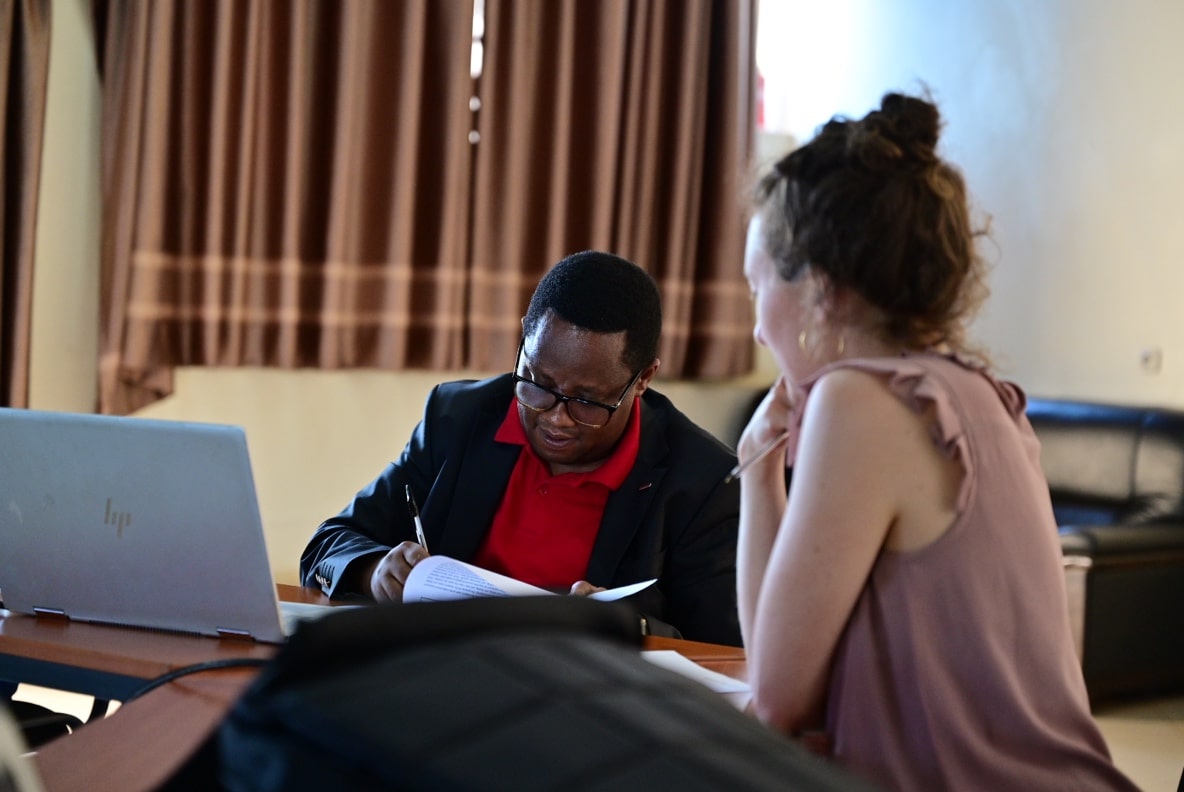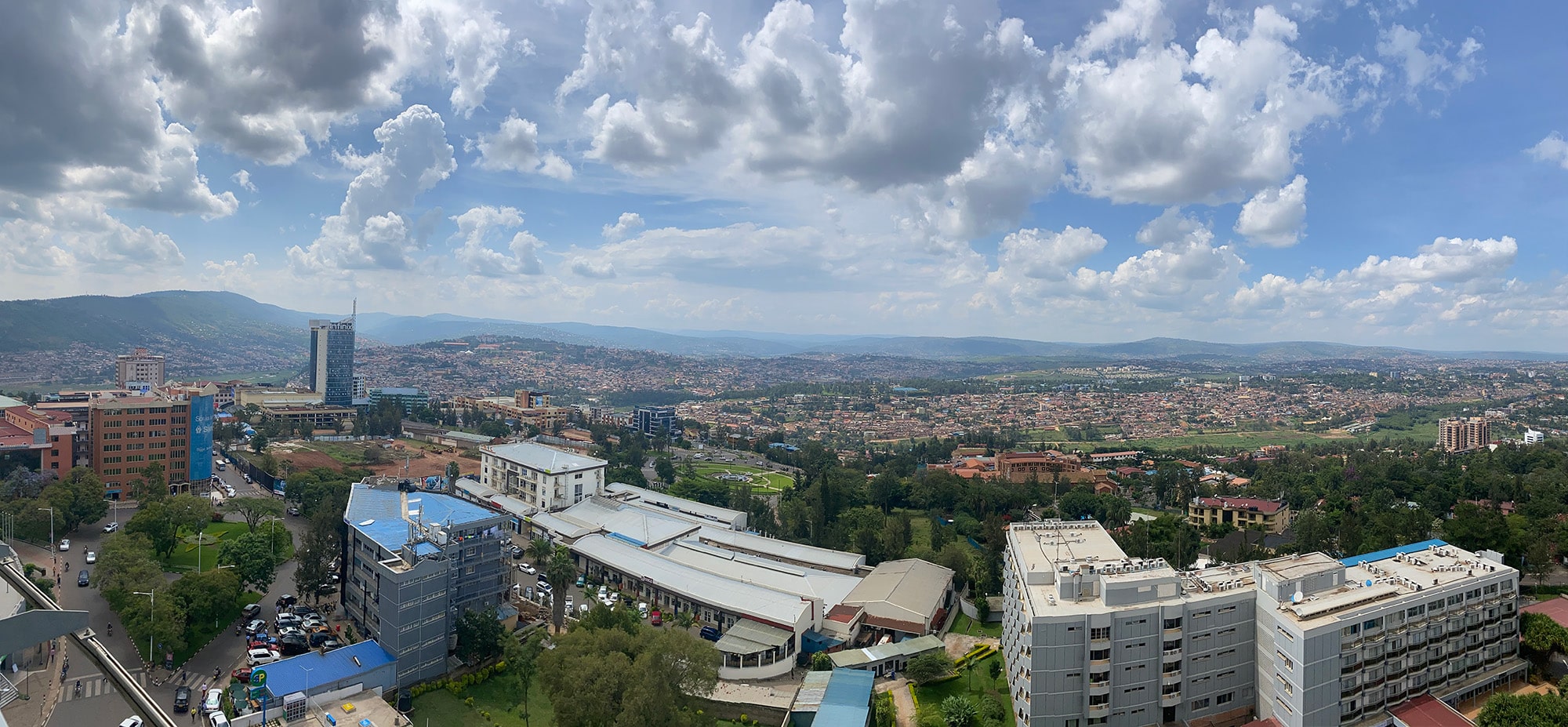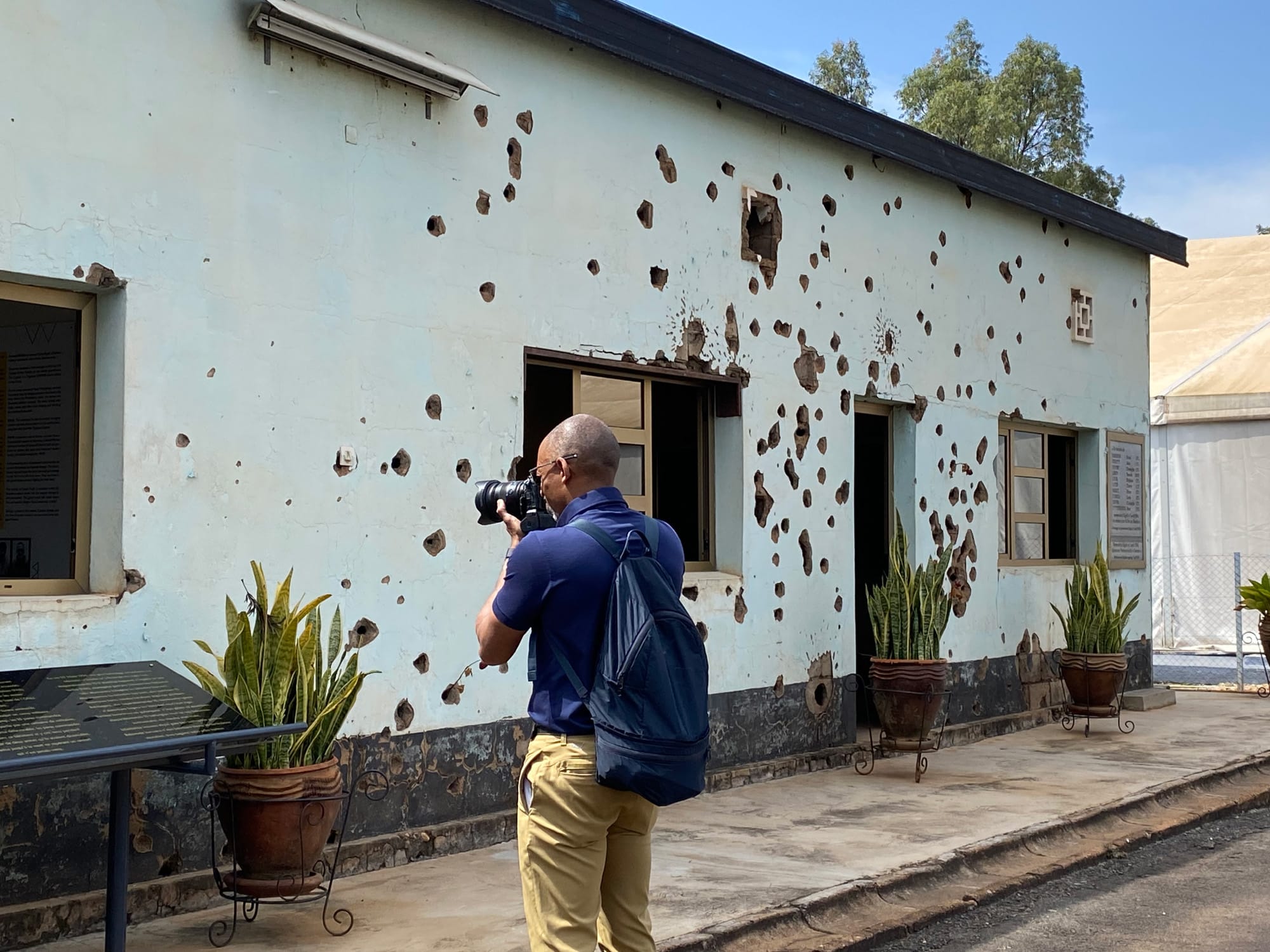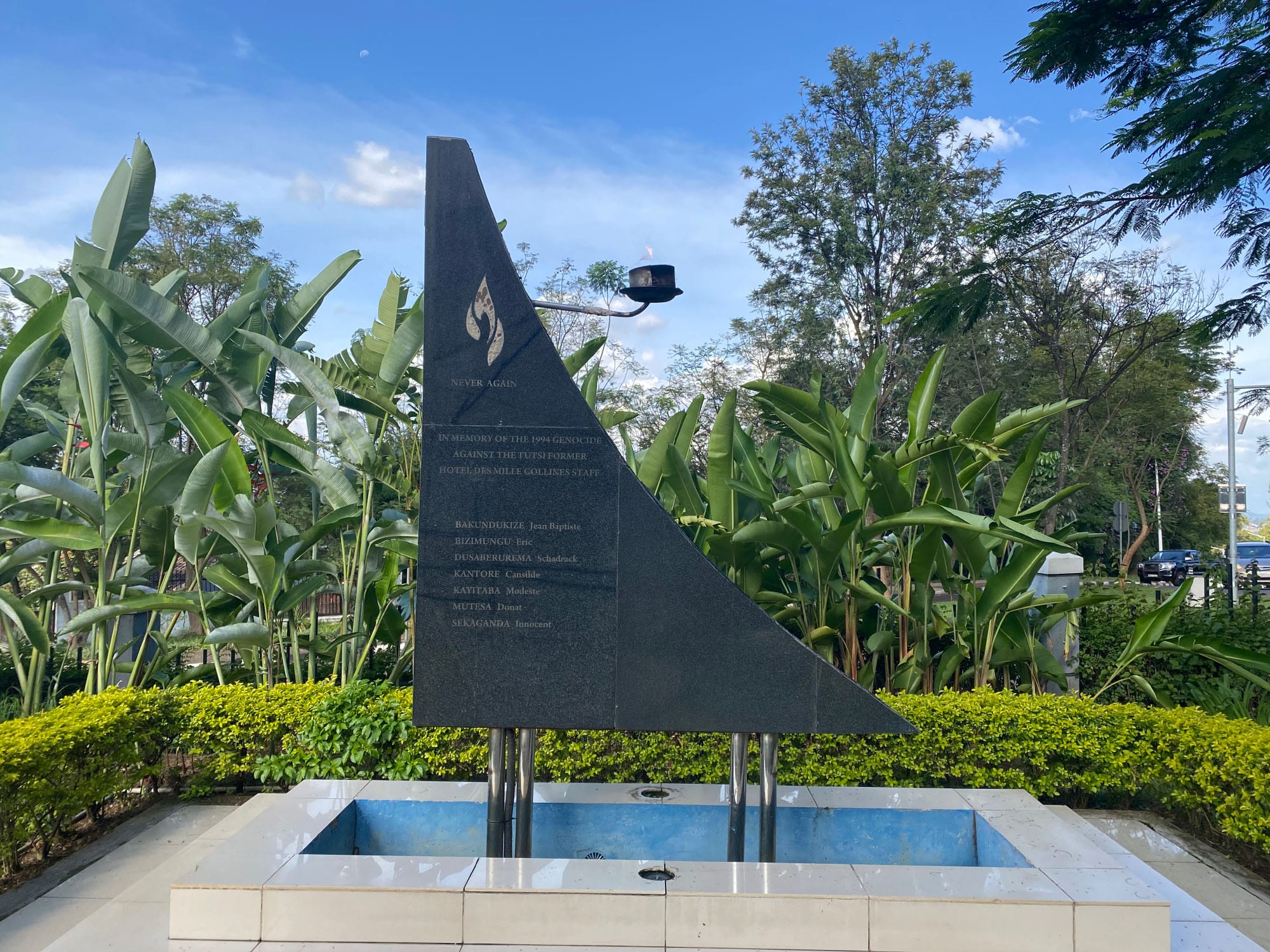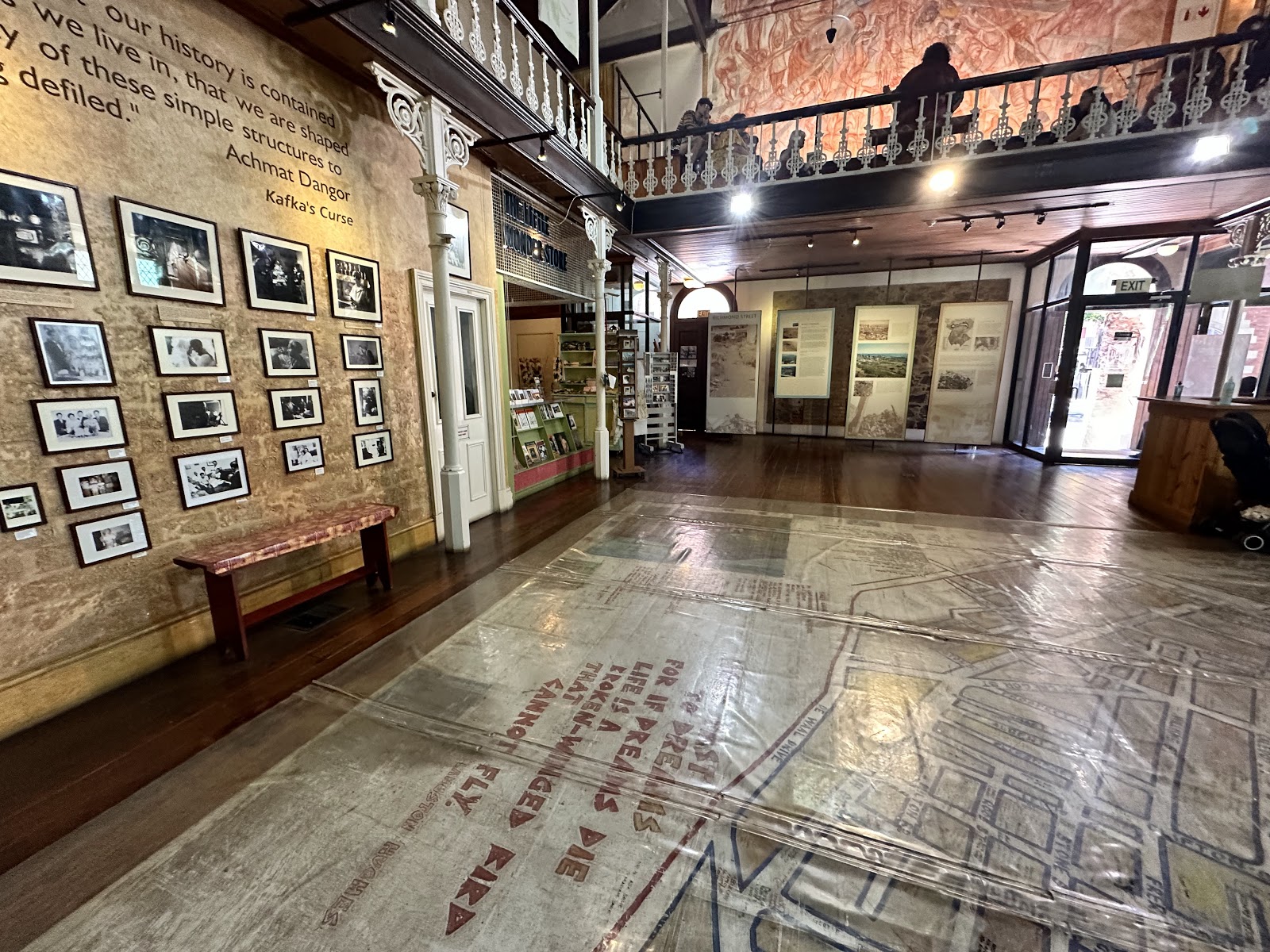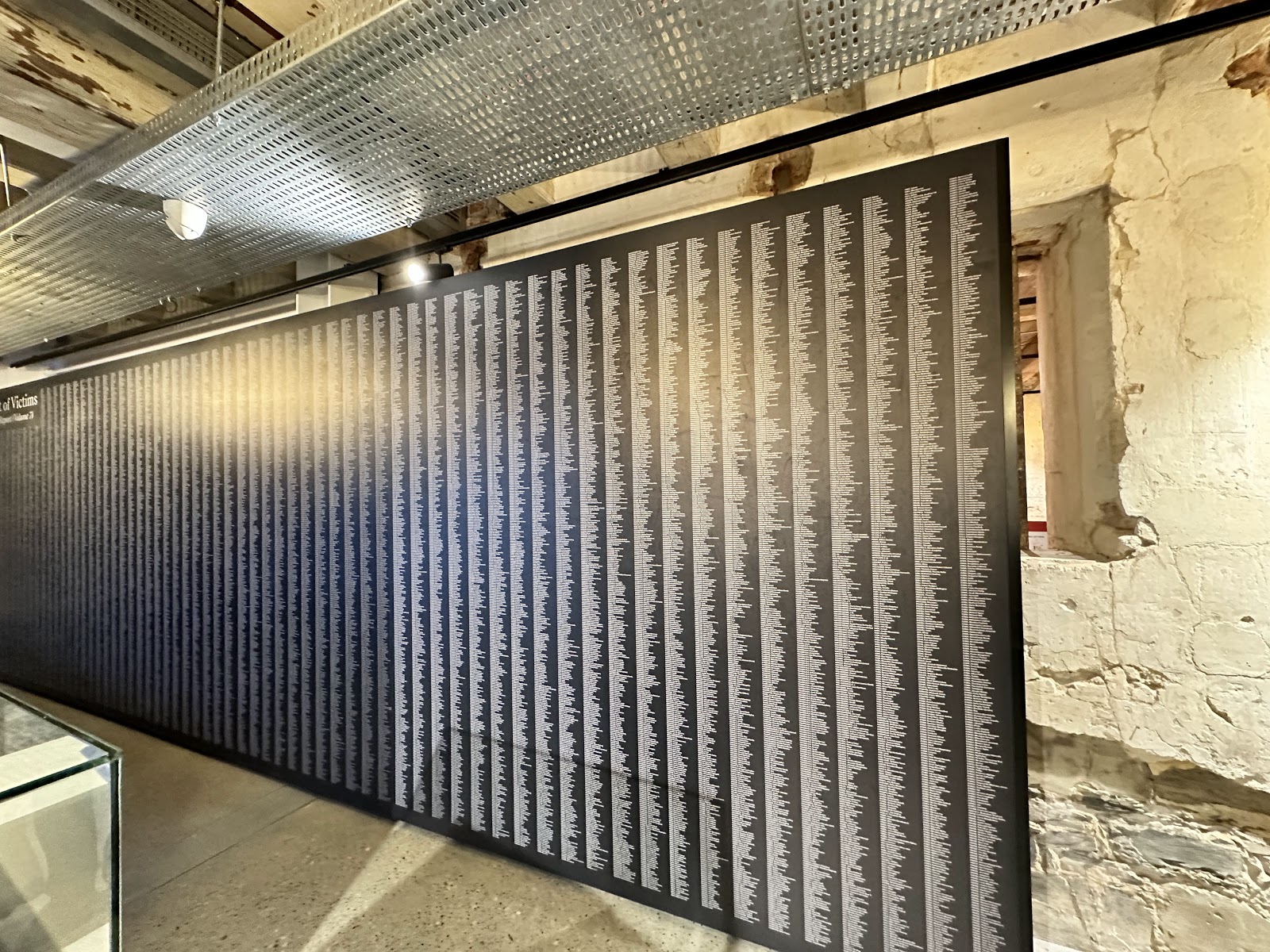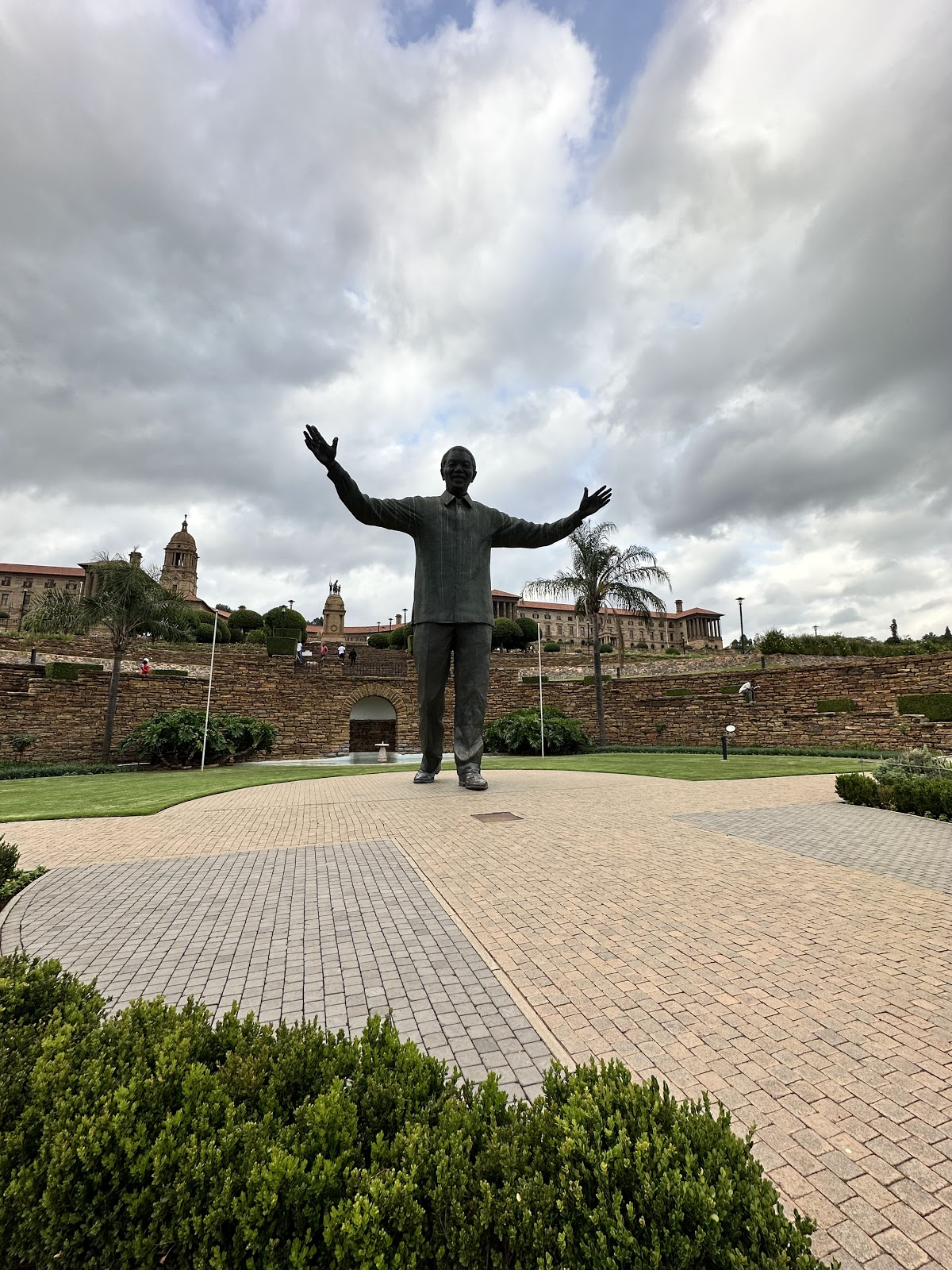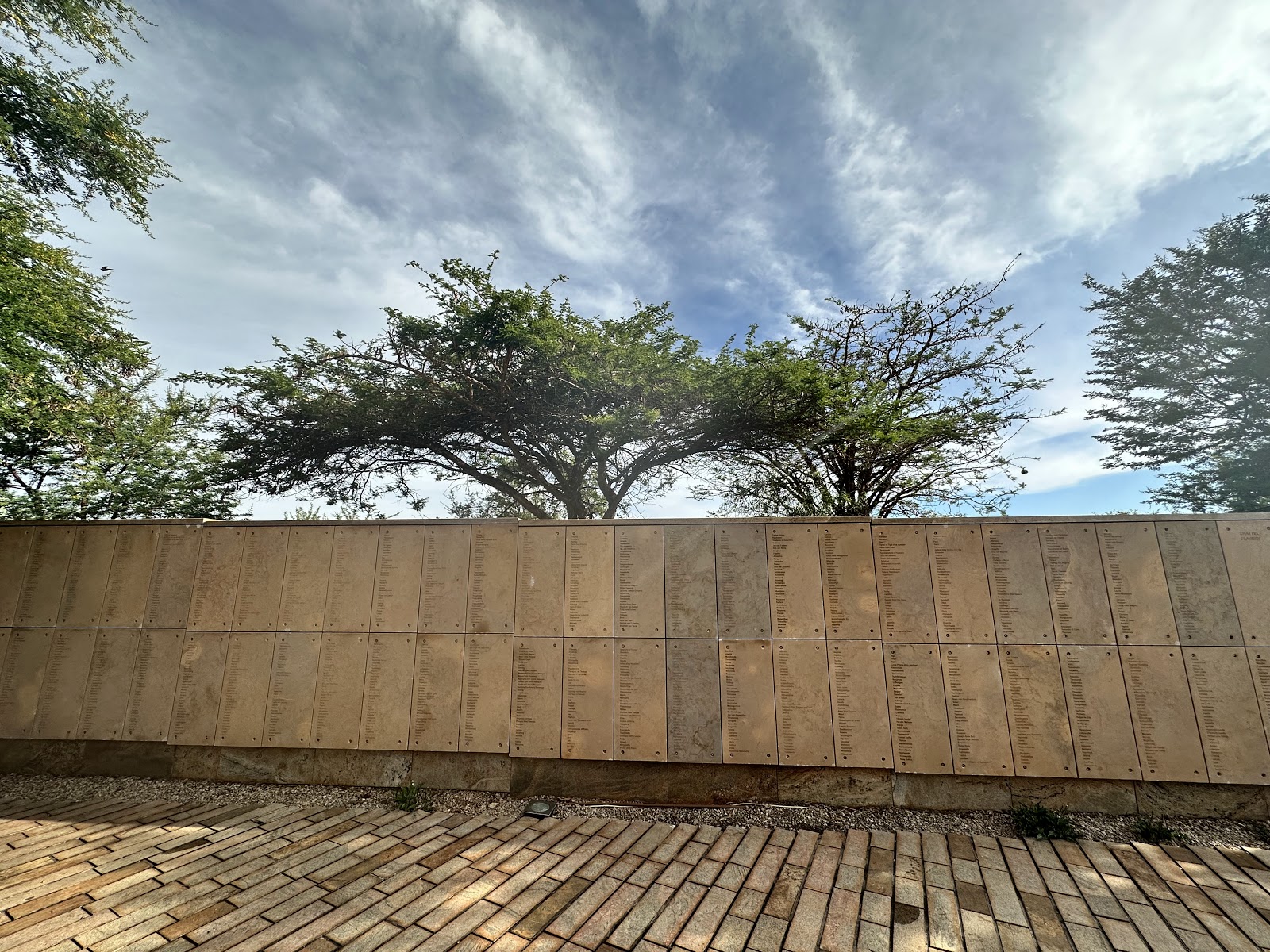
Health Equity
The IARA Project explores strategies for antiracist transformation in healthcare, focusing on institutional policies and organizational practices that address racial disparities in health outcomes.
Filling a need for healthcare organizations
Systemic racism is deeply embedded in U.S. healthcare. It operates through policy and practice, both historically and today.
While current research often centers on social determinants of health, healthcare institutions need support to implement and measure antiracist interventions at the institutional level.
Our approach to health equity research
The IARA Project investigates systemic inequities through both historical and contemporary lenses. We examine how race has been—and continues to be—constructed in healthcare policies, decisions, and interactions. Our research combines rigorous social science research with real-time policy analysis to develop actionable solutions.
What antiracist research offers
Our work equips healthcare leaders with evidence-based recommendations for institutional change. Each project aims to repair historic harms and reduce racial inequities through practical, context-specific policy solutions.
Keep scrolling to explore our ongoing research, including an analysis of the American Medical Association archives and a report on accountability in healthcare institutions.
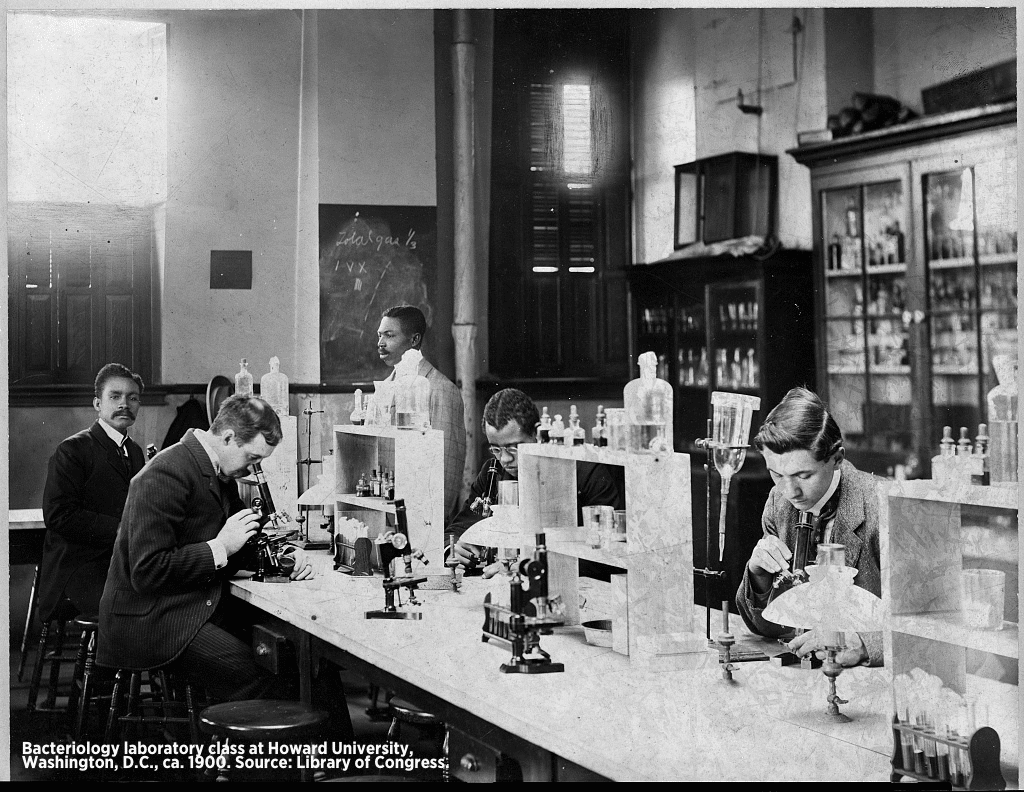
Examining the American Medical Association Archives
To facilitate a landmark research project, the American Medical Association (AMA) has opened its archival collections to researchers from the Institutional Antiracism and Accountability (IARA) Project. The groundbreaking initiative, called the Truth, Reconciliation, Healing, and Transformation (TRHT) Archival Research Project, examines the historical roots of racial disparities in American healthcare to develop actionable strategies for restorative justice and health equity.
The TRHT Archival Research Project conducts in-depth archival analysis and historical research to understand the organizational practices and decision-making processes that have caused racial harm to patients, physicians, and populations.
This project is made possible through an historic partnership between the AMA, the Robert Wood Johnson Foundation, and the AMA Foundation. Research findings, set to be publicly available in 2026, will provide a historical baseline and offer learnings that the AMA and other U.S. healthcare institutions may use to consider policy recommendations and programs.
2023 Report on Accountability & Transformation
Supported by a grant from the Robert Wood Johnson Foundation, IARA conducted a one-year study of existing antiracist interventions in healthcare organizations and a review of authoritative evidence for institutional accountability. The report titled ‘From Words to Action: Institutional Accountability and Transformation‘ was published in March 2023.
IARA’s pioneering case studies identifies five organizational levers necessary to close racial disparities in healthcare outcomes and produce long-term sustainable institutional transformation:
1. Buy-in and continued engagement from leadership
2. A shared understanding and use of explicit language to define structural racism
3. Effective organizational infrastructure
4. Clearly defined metrics
5. Building internal capacity and professional development
Read the report to discover the five essential strategies for driving institutional change, along with additional recommendations for healthcare organizations committed to antiracist transformation.
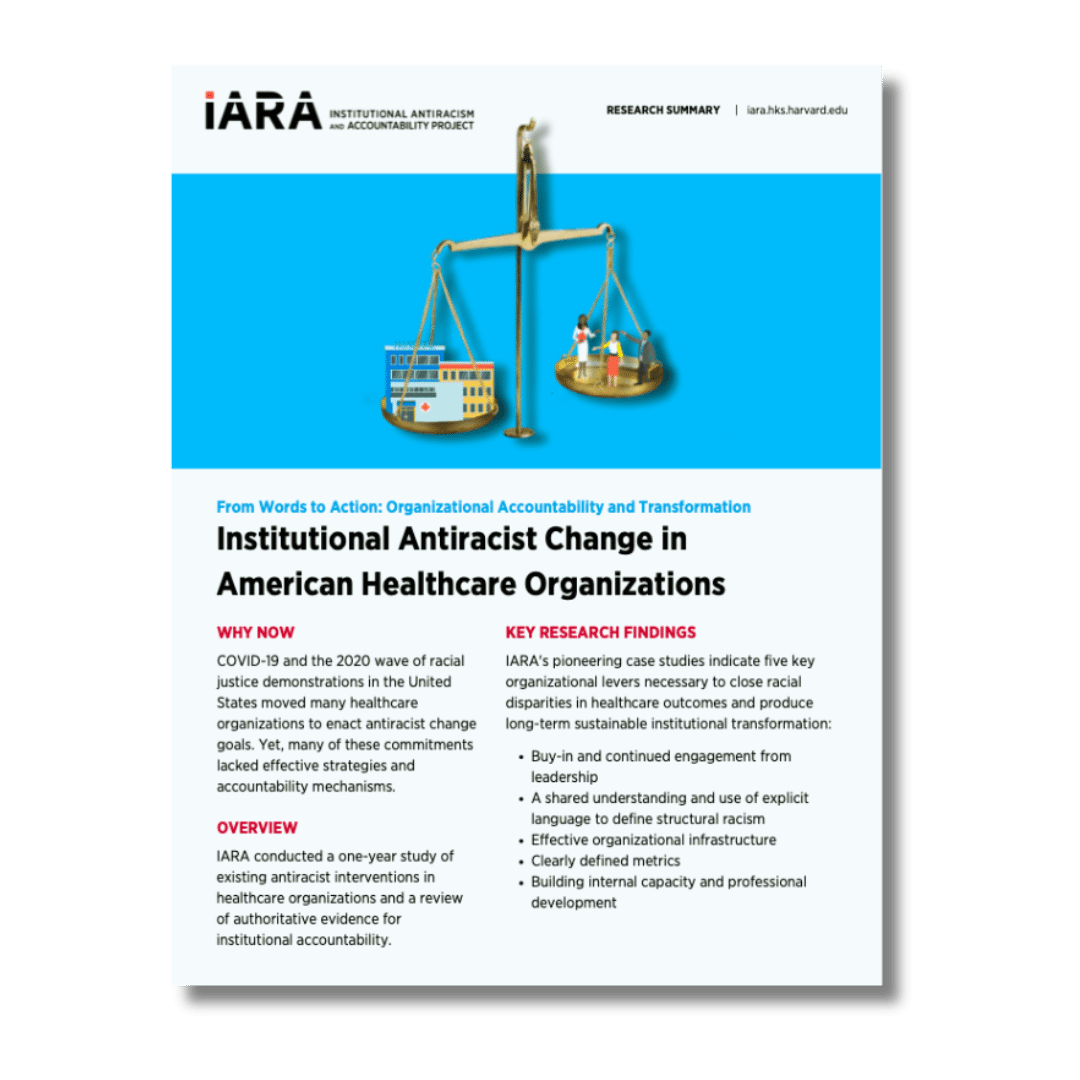
Talk: Obstacles & opportunities
In this discussion, Dr. Vabren Watts, Director of Equity at Health Affairs, sits down with Ángel Rodríguez, IARA Research Fellow and co-author of the above report Antiracist Institutional Change in American Healthcare Organizations.
Press play for a discussion on the opportunities and obstacles in implementing antiracist change initiatives in healthcare organizations and other key findings from the report.
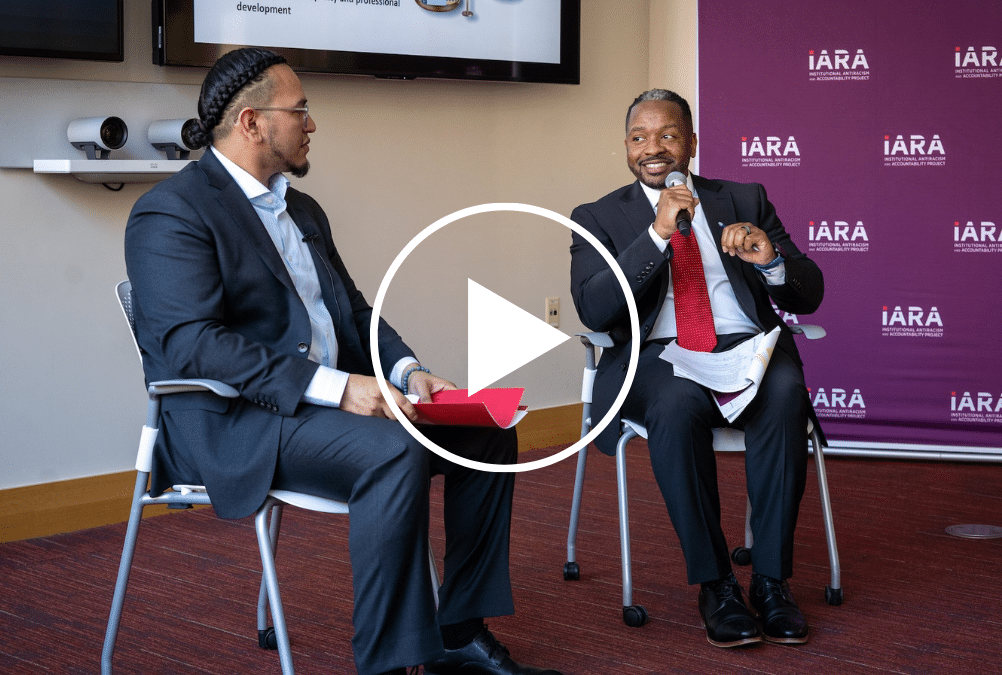
Related articles on healthcare
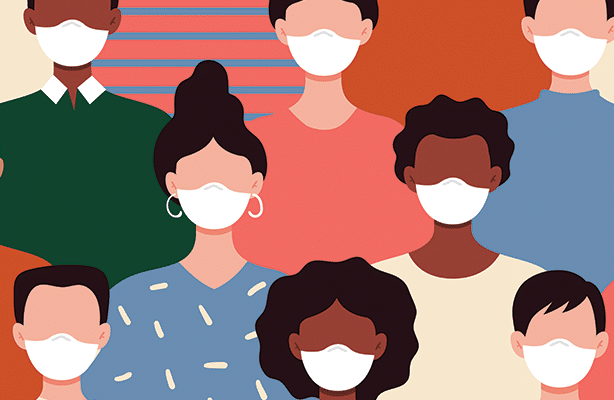
Implementing Anti-Racism Interventions in Healthcare Settings
2021
In the years following the murder of George Floyd, many health organizations declared anti-racism commitments and shifted their core values in an attempt to reform hospital-based interventions to implement antiracist change. To date, however, there remains a gap in providing a systematic review of these efforts to understand which interventions actually worked. In this paper, authors conducted an international systematic review for anti-racist interventions in healthcare to: (1) increase understanding of these efforts for the sector and (2) analyze the anti-racist interventions’ potential to influence policy and patient care.

Association Between Racial Wealth Inequities and Racial Disparities in Longevity Among US Adults and Role of Reparations Payments, 1992 to 2018
2022
This cohort study aims to identify, address and quantify the relationship between longevity ( “all cause mortality”) and wealth as it relates to Black individuals versus white individuals. Furthermore, the study then models how reparations payments to the black community could potentially affect the longevity ( “all cause mortality”) gap between Blacks and whites. By further exploring the direct connection between reparations and health outcomes, the authors attempt to specifically describe the role of monetary resources in determining health inequities across racial groups.

How Structural Racism Works — Racist Policies as a Root Cause of U.S. Racial Health Inequities
2021
Racism is not ahistorical and neither are U.S. health care and public health institutions and practices. Drs. Bailey, Feldman and Bassett argue that structural racism is a legacy of African enslavement and affects both population and individual health. They offer three examples of structural domains that continue to lead to poorer health outcomes for Black Americans: (1) redlining and racialized residential segregation, (2) police violence and the carceral state, and (3) unequal health care.

3 Principles for an Antiracist, Equitable State Response to COVID-19 — and a Stronger Recovery
2021
Historically, at times of economic crises, governmental leaders often cut funding for social programs and create tax cuts for the wealthy, worsening social conditions for marginalized populations, in particular the racial wealth gap. At the peak of the pandemic in 2021, the federal government’s American Rescue Plan unprecedentedly offered state governments the opportunity to address systemically racist policies, the root cause of racial disparities caused by Covid-19. In this paper, the authors provide an antiracist framework for state officials to craft policies that promote equity and racial justice.
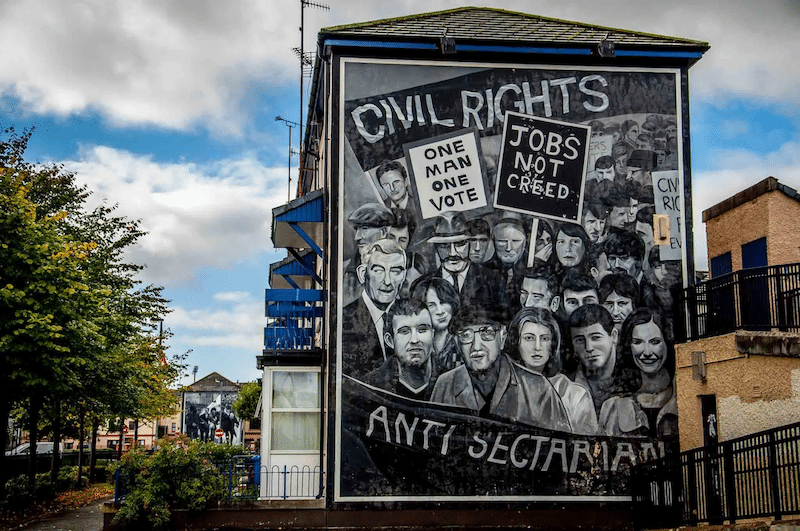
Global Processes of Justice, Truth–Telling and Healing
The IARA Project is currently conducting a three-year project, supported by the W.K. Kellogg Foundation, to survey international examples of truth-telling, justice, and healing efforts, including truth commissions, tribunals, and community-based programs. The goal is to better understand what accountability looks like for these endeavors and what lessons can be used going forward.
Since 2021, the IARA team has spoken with over 120 individuals across seven countries, three U.S. states, and multiple Indigenous nations. Each is engaged in processes of truth-telling following violence committed against, perpetrated by, or occurring within their communities.
Map of cases
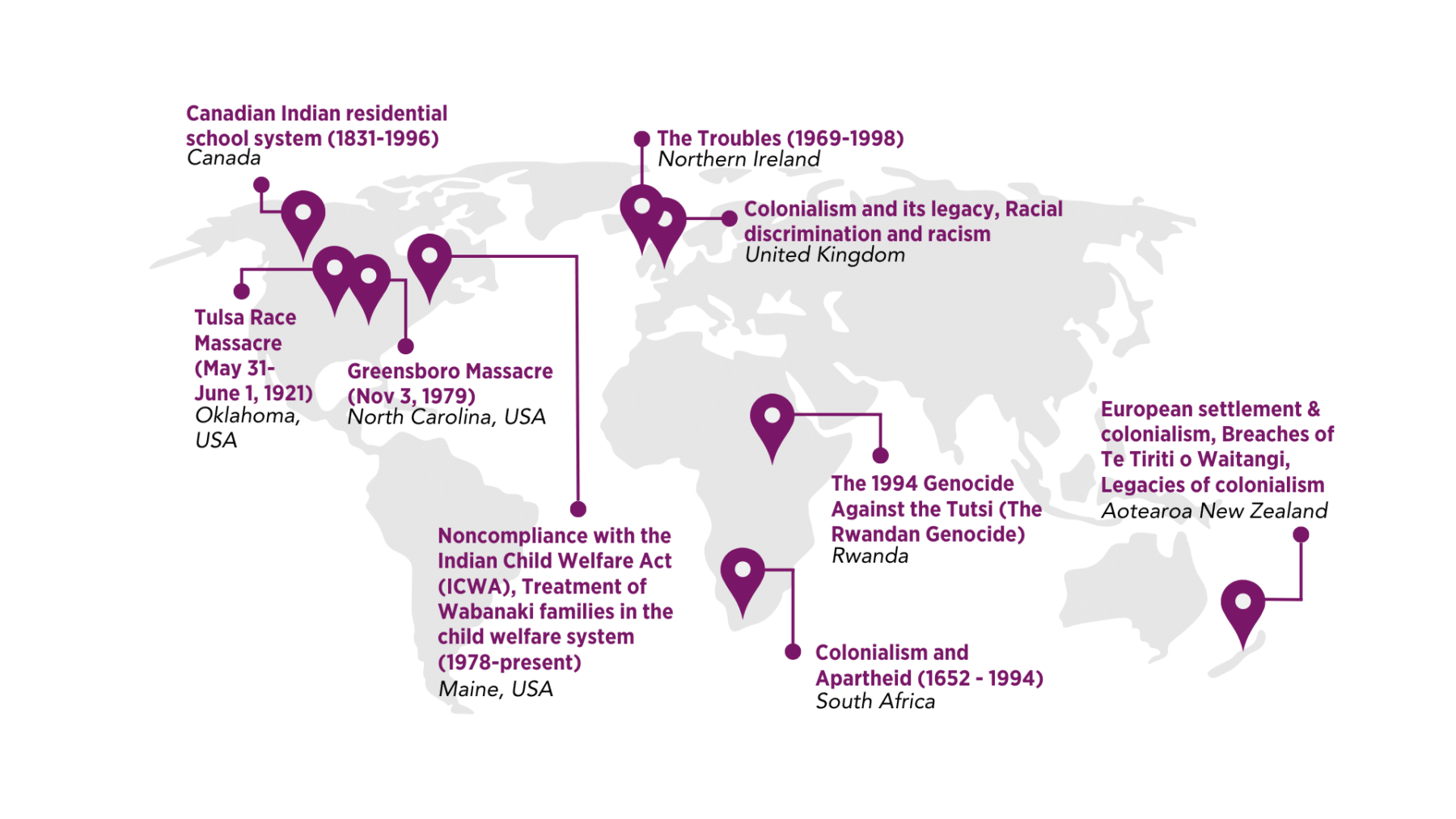
The project’s full report, led by Professor Khalil Gibran Muhammad and Dr. Gloria Yayra A. Ayee, is set to be published in the beginning of 2025. The IARA team hopes that the report will support vital truth-telling efforts, particularly within the context of addressing the U.S.’s own histories of harm and systemic racism. Subscribe to the IARA newsletter for news on this project.

Gloria Yayra A. Ayee
Senior Research Fellow
Institutional Antiracism and Accountability Project

Khalil Gibran Muhammad
Director
Institutional Antiracism and Accountability Project

Erica Licht
Research Project Director
Institutional Antiracism and Accountability Project
In their own words
In this video, international project participants share their experience, wisdom, and expertise. Hear their advice on pathways toward transformation and healing, answering:
How do we describe, remember, and document violent legacies of the past? Which pathways lead us toward transformation and healing?
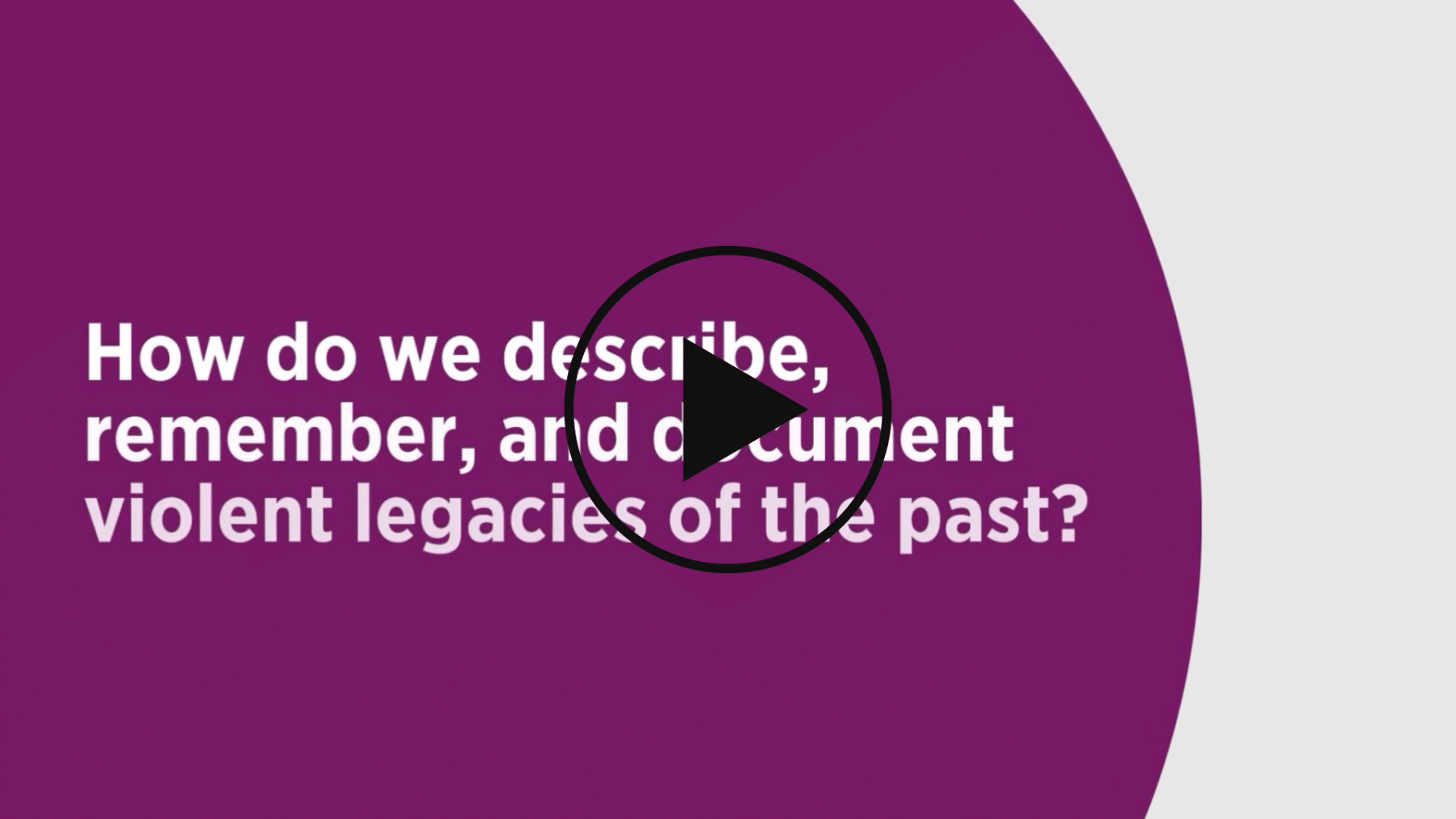
2024 Symposium
In May 2024, the IARA Project hosted a Symposium marking the culmination of the project. The event brought together 25 international leaders, advocates, and experts from nonprofit organizations, government institutions, and academia — most of whom had been interviewed during the project’s fieldwork. Attendees included leaders such as U.S. Congresswoman Barbara Lee (D-CA) and President Natan Obed, Inuit Tapiriit Kanatami.
Hosted at the Ash Center for Democratic Governance and Innovation, the Symposium provided a space for the IARA team to share their findings, receive feedback from international experts, and hear about new developments in the field.
In this event report, we invite others to learn from the conversations, stories, and wisdom shared at this convening. Follow the link below to read insightful summaries of the program, including highlighted takeaways.

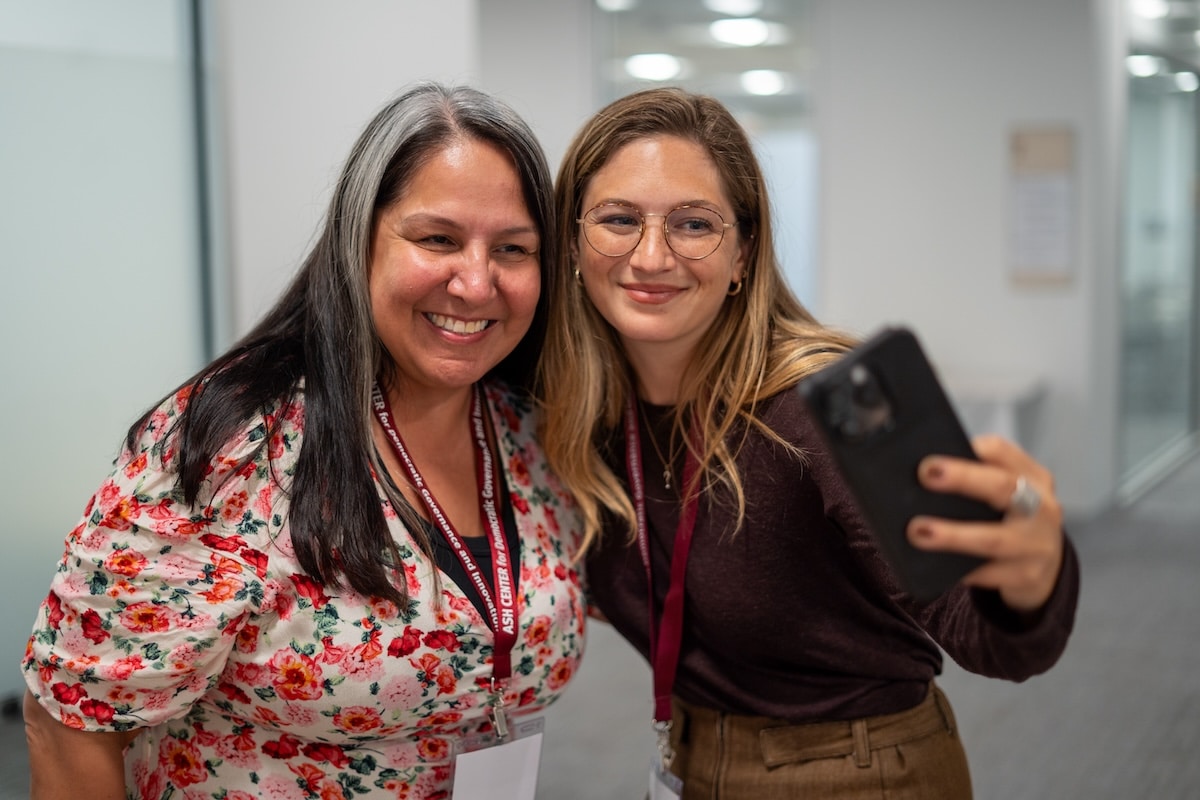
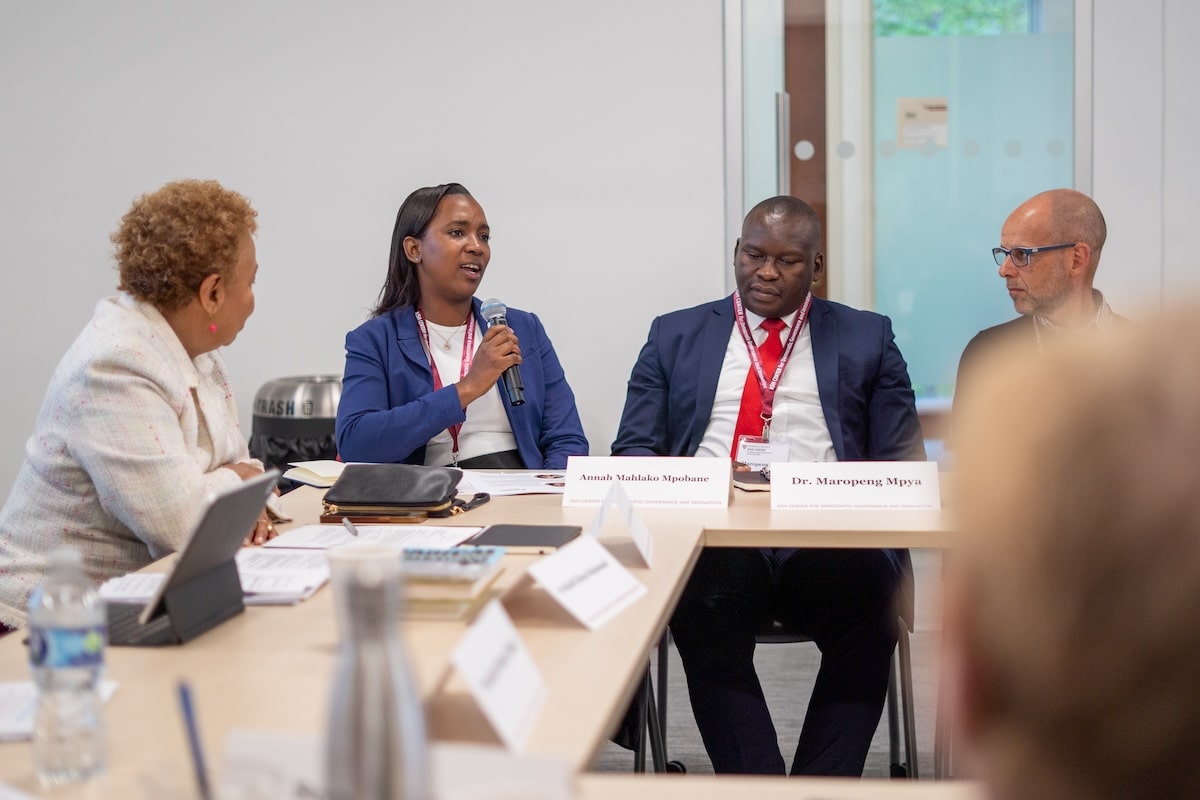

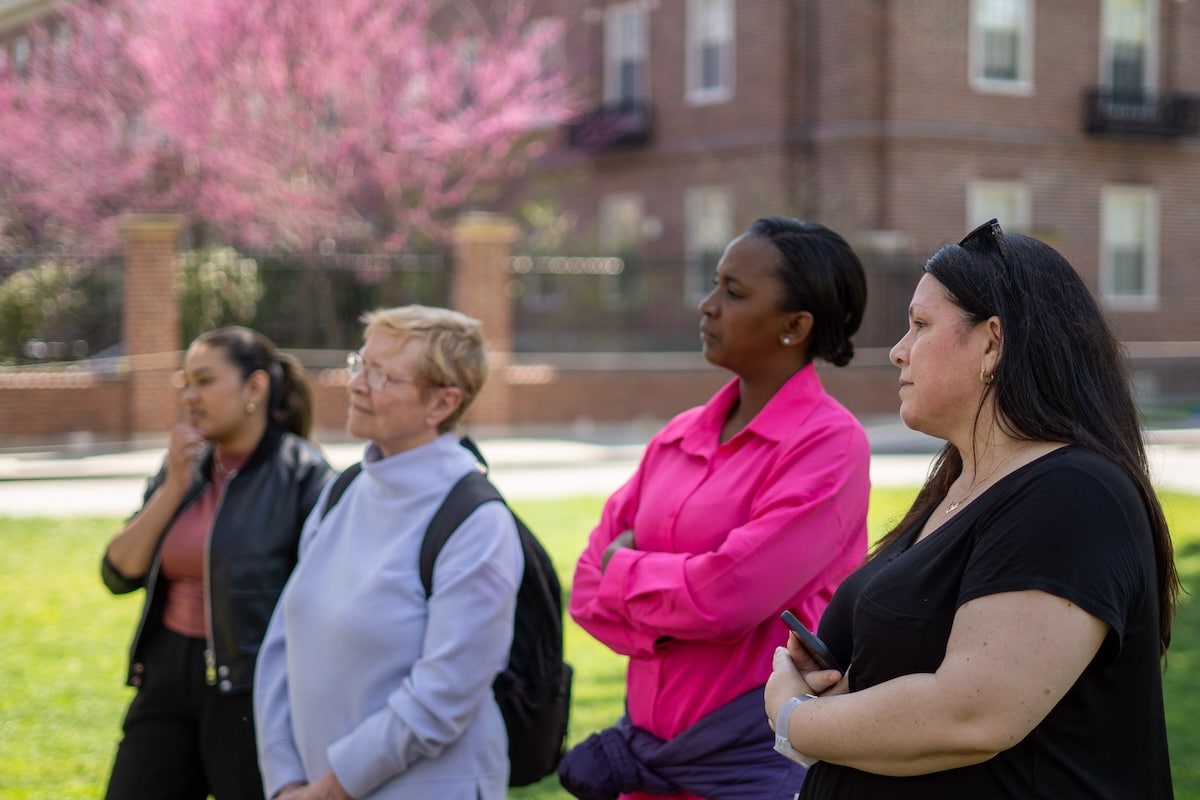

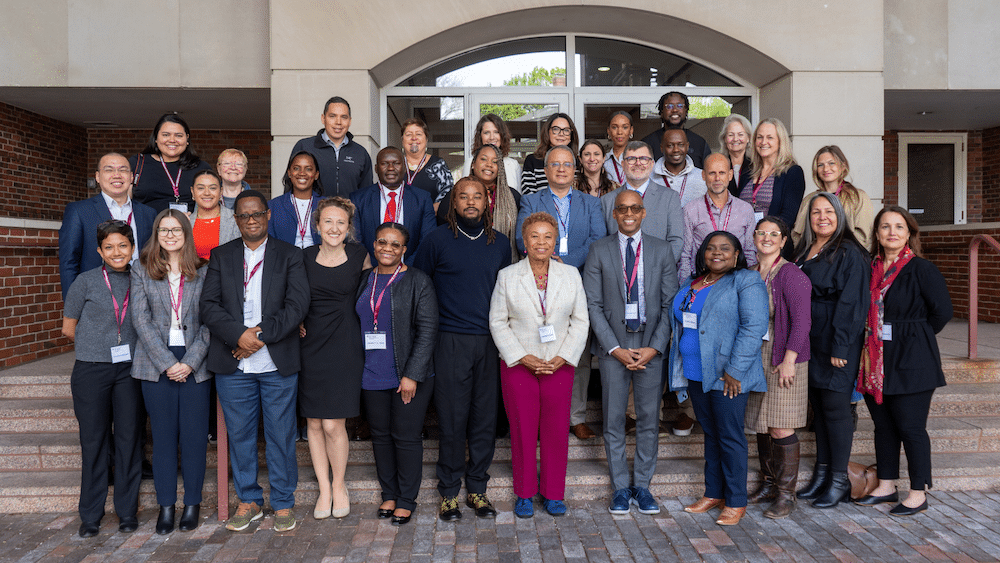

Photos by Sarah Grucza








